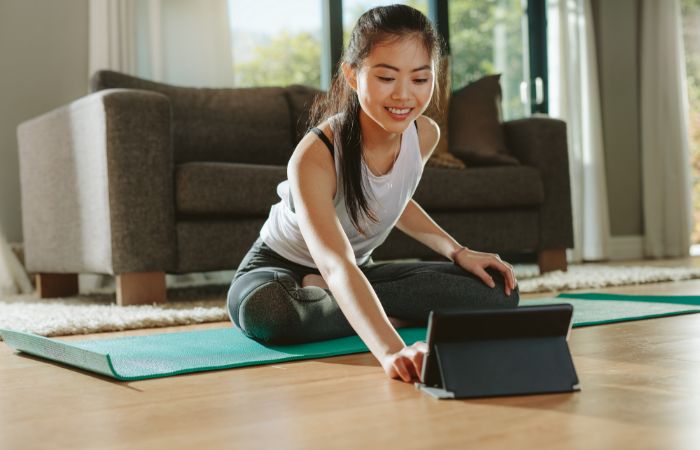
- More than a third of people opted for mental health support when they checked in to the Gympass platform
- There was a switch from anxiety support to stress management over the year
- With the spotlight on health, Gympass saw increases in physical activity for both those already active and those new to exercise
Employees have adapted to the changing pressures of the Covid-19 pandemic by embracing a range of mental health support, according to a global report by the world’s largest wellbeing platform, Gympass.
The report, ‘What a year of Covid-19 has taught us about stress and adaptability’, features data from nine countries around the world, including the UK, USA, Spain, and Germany, on the use of thousands of fitness and wellbeing activities and apps available on the Gympass wellbeing platform.
Having previously been known for their support for physical wellbeing, Gympass identified the need for mental wellbeing options to support people through the pandemic, with the offering being well-received by customers.
More than a third of people opted for mental health support when they checked in to the Gympass platform, and towards the end of last year, there was a 115% increase in people using the mindfulness app Calm – with men being the fastest-growing demographic. Calm also reported more parents with their kids at home using the app, underscoring the additional stress due to Covid-19 lockdowns.
Luke Bullen, CEO UK & Ireland at Gympass explains: “Over the last year, companies have stepped up to provide wellbeing programmes for staff, including access to the Gympass platform. Our global report showed a shift over time in the type of support being sought; in the early days, it was to help with anxiety but as time went on, more people engaged with meditation and stress relief. This reinforces the importance of having expert advice and evidence-based digital solutions readily available to help people move from anxiety interventions through to coping strategies. Companies such as Bupa, Centrica, and Admiral started offering Gympass to their employees during the pandemic, with them valuing our mental wellbeing support as well as our physical activity offering. It is really positive to see that people are using Gympass to find healthy, productive ways to manage the emotional impact of the pandemic.”
It wasn’t just mental wellbeing activity that people turned to during the pandemic.
Gympass’ data showed that highly active users stayed as active as they had been prior to the pandemic, if not slightly more. When compared to that of March-December 2019, highly active users’ activity level was nearly identical (and was actually +0.7%).
Less active individuals saw a 20.8% increase in their average weekly check-ins on Gympass after the onset of the Covid-19 pandemic. There’s no doubt that fitness comes with its share of health benefits, and the sudden focus on health as a whole solidified that message for groups of varying fitness experiences.
The pandemic has also impacted on the way people are getting their workouts in. With working from home becoming the norm for many, exercise sessions are no longer confined to early mornings or after the office closes.
The report found that a mid-morning exercise session was popular as it provided a break for people who had been online for an hour or two, with bookings at 10 am increasing by 43%. At the opposite end, later evening workouts, likely after dinner, also increased, and the lack of social, sports, and entertainment events led to a significant increase in weekend workouts, with a 111% increase in Sunday workouts.
“This report shows that around the world people have taken positive steps to safeguard both their physical and mental health during this unprecedented year. By prioritising our wellbeing, we become more equipped to effectively adapt to the challenges and stress that characterise life in the 21st century, and Gympass is committed to supporting people achieve this,” adds Luke.
For more information or to speak to Gympass, contact:
[email protected]/ 07738 820252
Access the report: ‘What a year of Covid-19 has taught us about stress and adaptability’